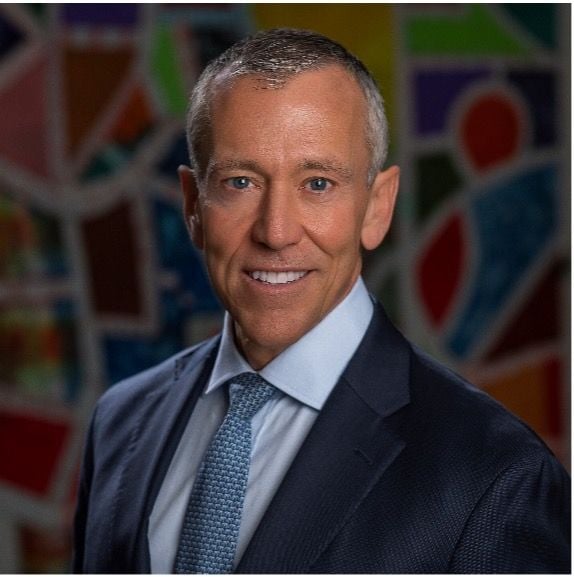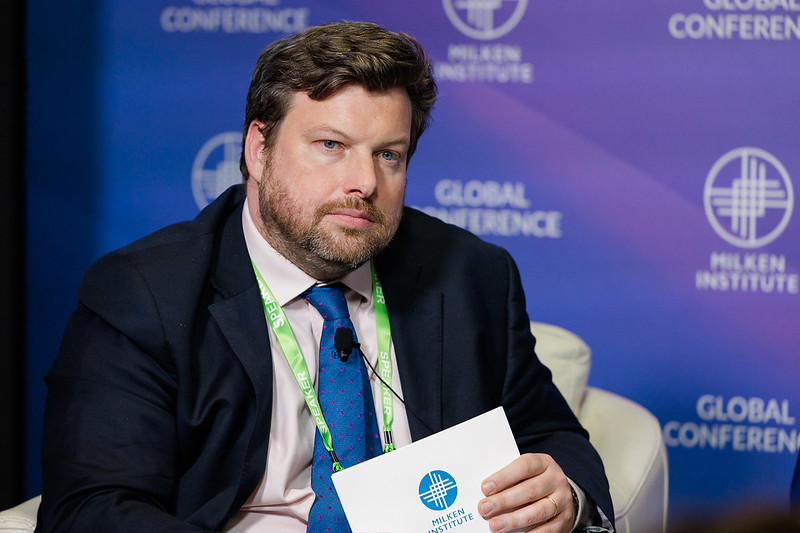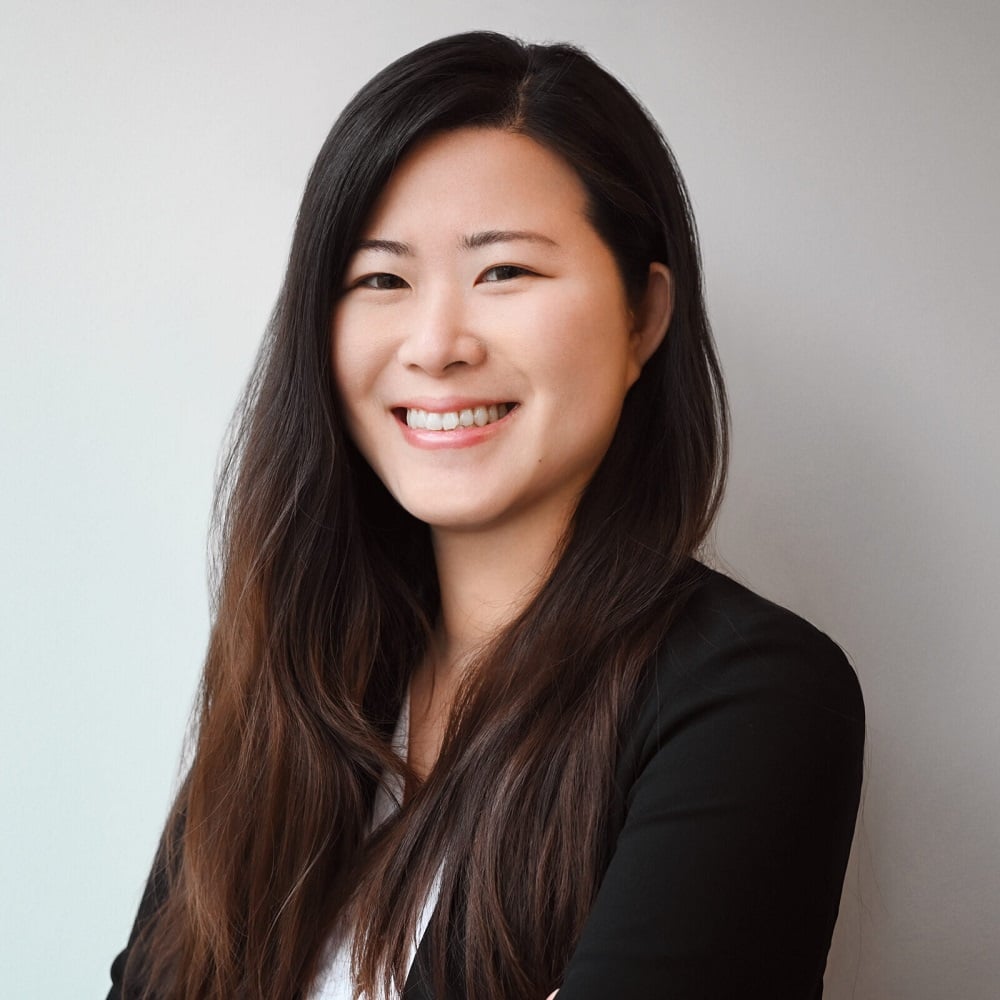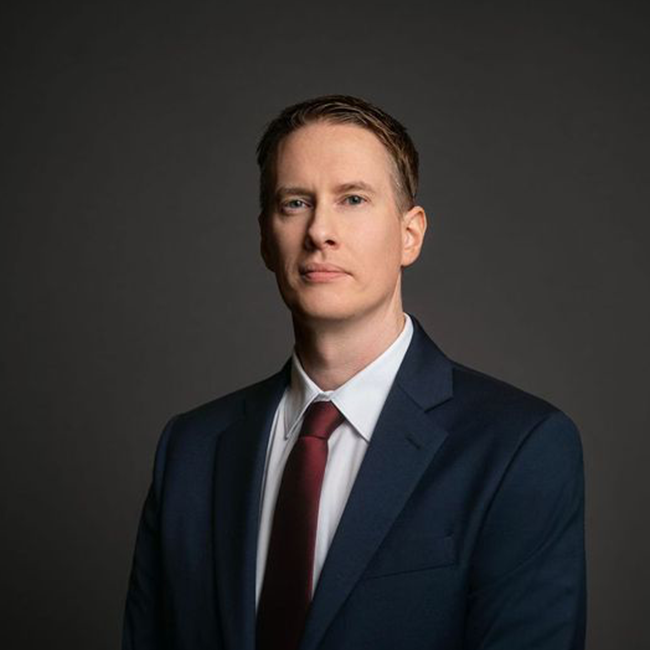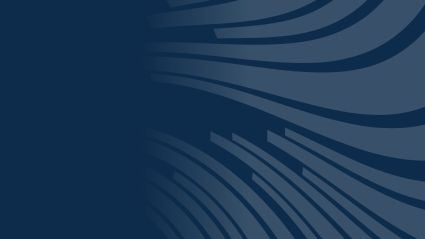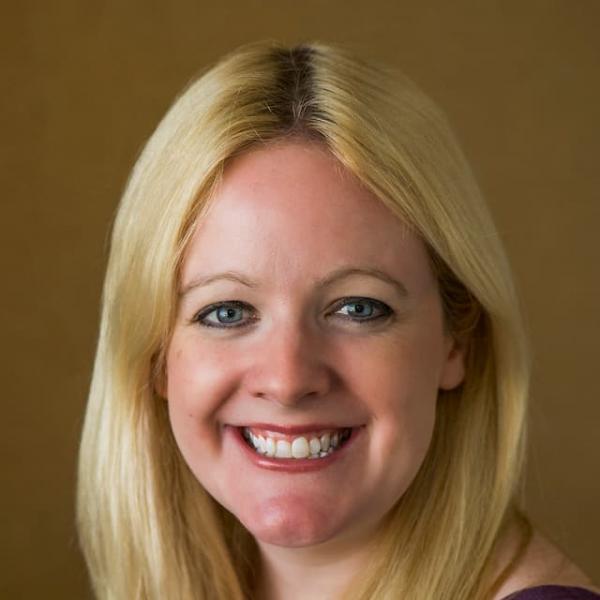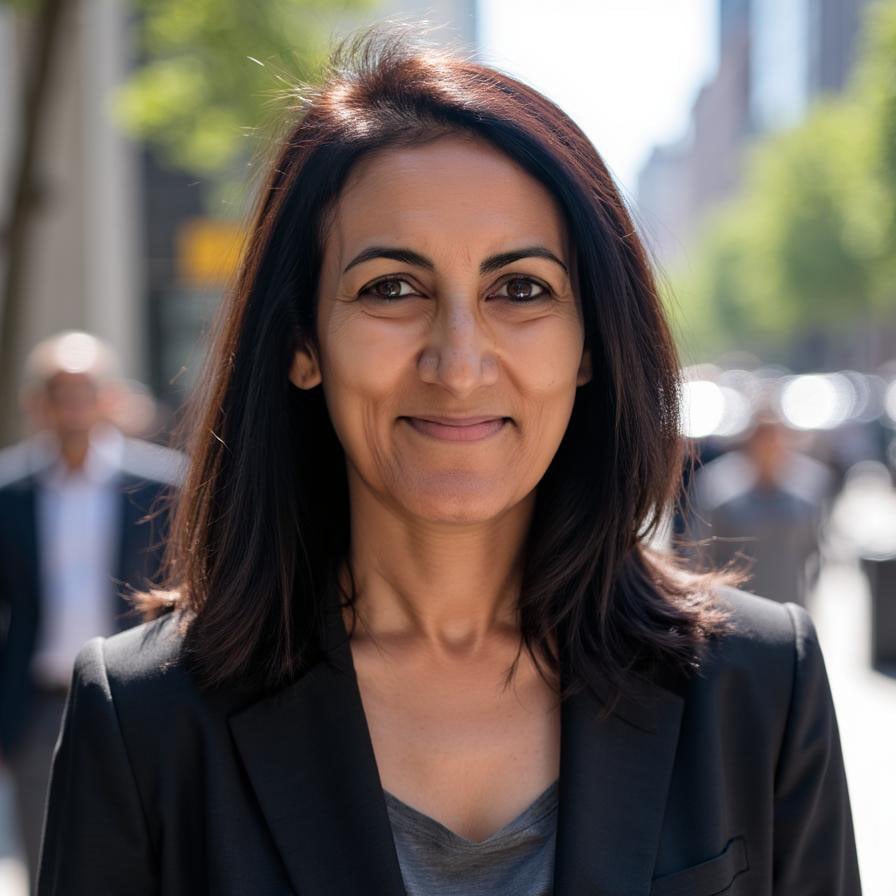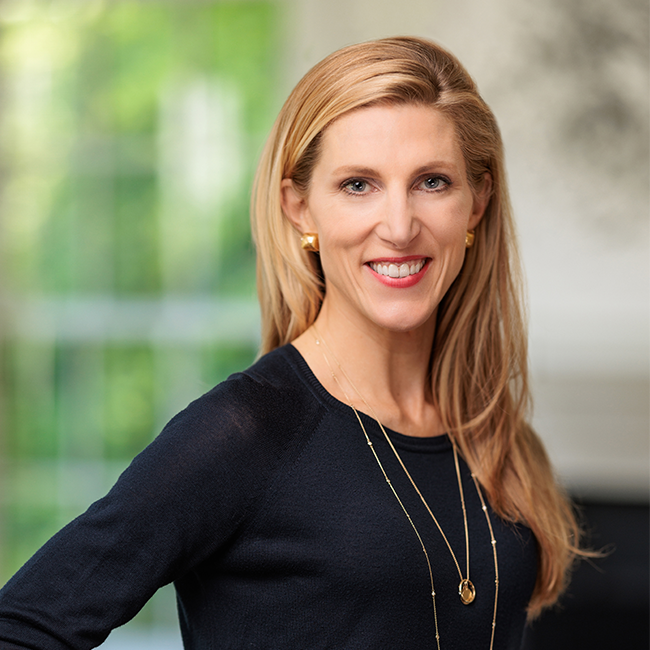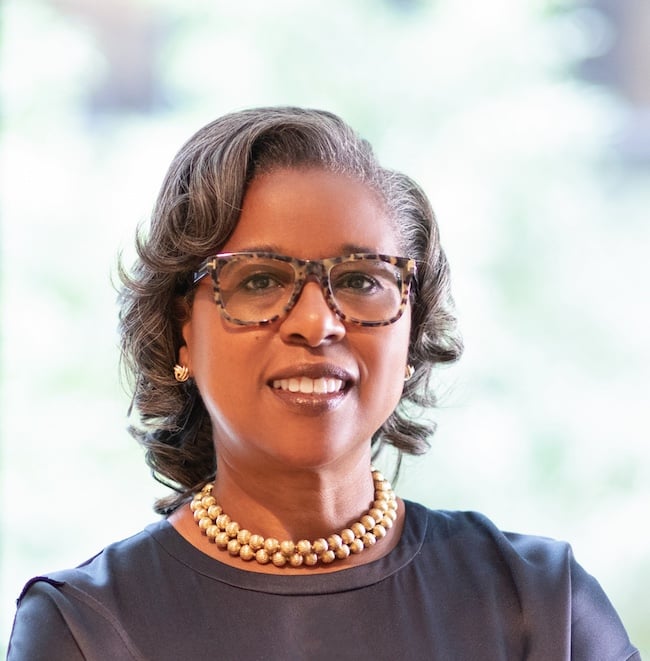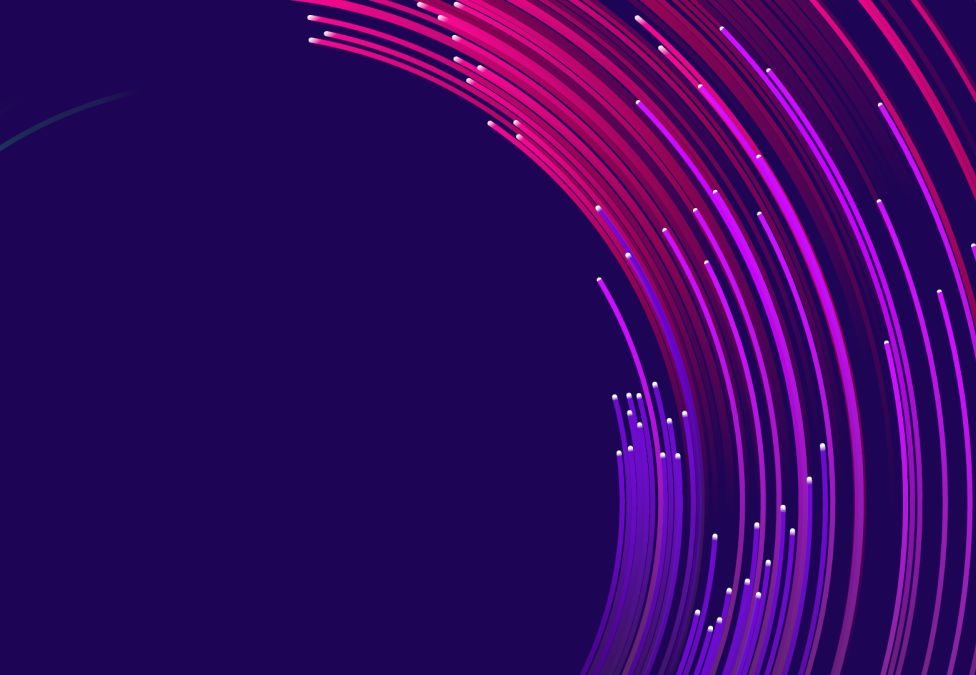
In my travels around the world since the last Global Conference, I’ve seen the mood pendulum swing from tentative optimism to trepidation about what comes next. The geopolitical, economic, and emotional headwinds that confront each of us every day can create a sense of being unmoored, with so many things outside of our control. But we don’t actually get to control the forces that confront us; the only thing we’re really 100 percent in control of is our response to the various stimuli that hit us, hopefully with a thoughtfully informed view. That’s the point of assembling this week: to provide you with the opportunity to see old problems through a new lens.
It's unfortunate that in today’s world of sound bites and social media, dialogue so often turns to incivility and hostility, that so many people live in an echo chamber of like-minded views, unwilling to hear alternate viewpoints or engage with those who might have different opinions or ideas. Somehow, kindness—once a trait most people aspired to—has been deemed a weakness to exploit. But insularity and closed-mindedness prevent us from bringing our best thinking forward to tackle complex problems, and I encourage all of you not to fall into the traps of hatred and divisiveness.
There are too many diseases to fight, too many tech-enabled opportunities in front of us, too many suffering on the wrong side of inequality for us to be distracted by our differences.
The assembled essays herein and the Global Conference itself provide a rational middle lane for both guidance and discussion to offer nuanced, innovative solutions. Fostering productive dialogue, at our events and through all of our programmatic initiatives, is the DNA of the Milken Institute. There are too many diseases to fight, too many tech-enabled opportunities in front of us, too many suffering on the wrong side of inequality for us to be distracted by our differences.
We believe in the notion that ideas have power, and they don’t just come from those with power. Opening the aperture to different voices and communities with diverse experiences and perspectives only enriches our ability to fully understand challenges that can seem intractable. As you read these essays and engage with attendees at the conference, I hope that you seek to understand a viewpoint you didn’t have before, that you learn something new from someone new.
That seems like a powerful idea.
